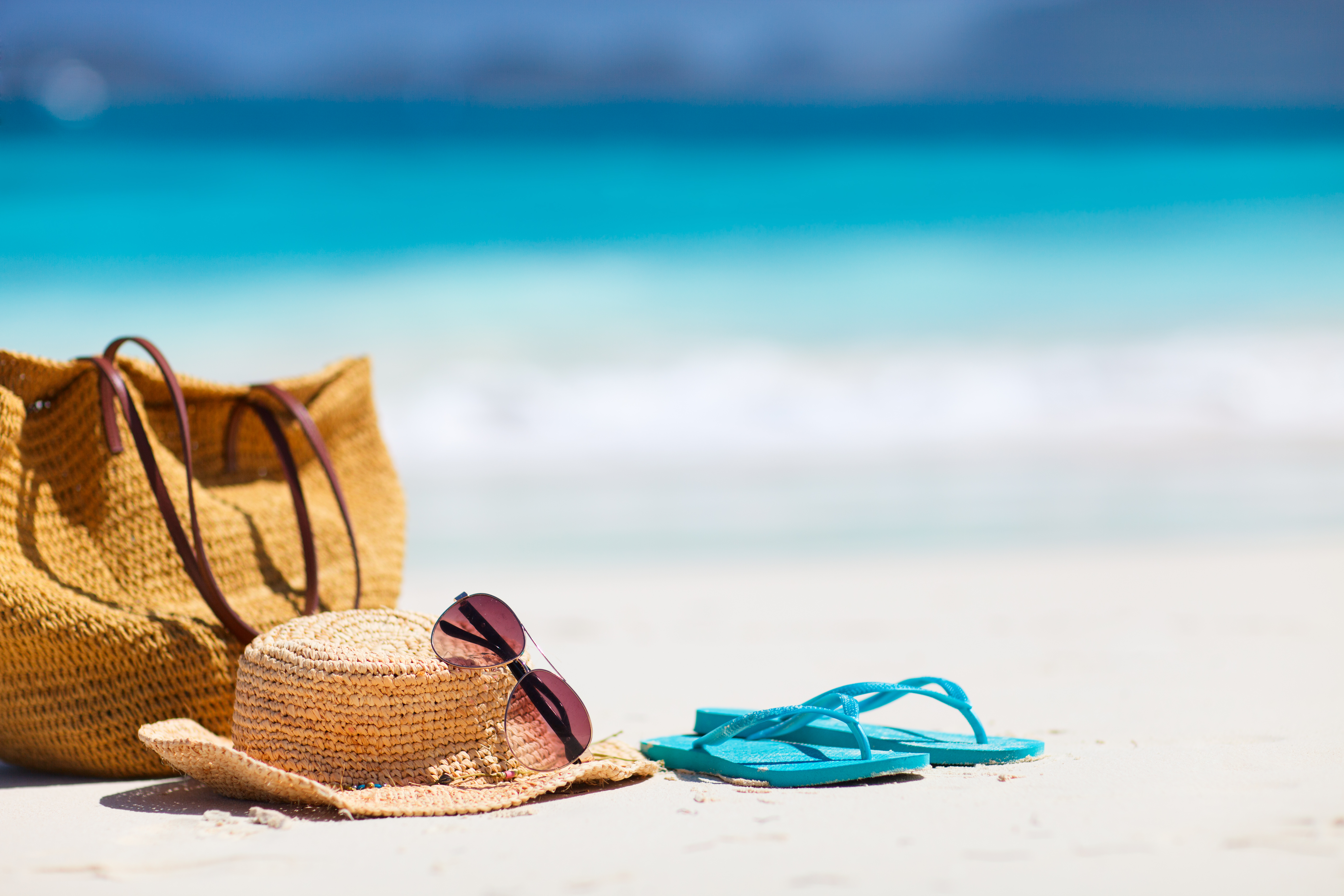
Warm weather often means more bug bites, greater risk of heat-related illnesses, and more water and outdoor activities. Follow CDC’s tips below to protect yourself and others during summer travel.
Before your trip
Check CDC’s destination pages for travel health information. Check CDC’s webpage for your destination to see what vaccines or medicines you may need and what diseases or health risks are a concern at your destination.
Make an appointment with your healthcare provider or a travel health specialist that takes place at least one month before you leave. They can help you get destination-specific vaccines, medicines, and information. Discussing your health concerns, itinerary, and planned activities with your provider allows them to give more specific advice and recommendations.
Make sure you are up-to-date on all of your routine vaccines. Routine vaccinations protect you from infectious diseases such as measles that can spread quickly in groups of unvaccinated people. Many diseases prevented by routine vaccination are not common in the United States but are still common in other countries.
Prepare a travel health kit with items you may need, especially those items that may be difficult to find at your destination. Include your prescriptions and over-the-counter medicines in your travel health kit and take enough to last your entire trip, plus extra in case of travel delays. Depending on your destination you may also want to pack a mask, insect repellent, sunscreen (SPF15 or higher), aloe, alcohol-based hand sanitizer, water disinfection tablets, and your health insurance card.
During your trip
If your summer travel means you will be outside in the heat, learn how to prevent, recognize, and treat heat-related illness. The more active you are in high temperatures, the more likely you are to get a heat-related illness. Take the following steps to protect yourself:
- Drink plenty of non-alcoholic fluids.
- Wear a hat and sunglasses.
- Wear loose, lightweight, light-colored clothing.
- Plan outdoor activities during cooler parts of the day.
- Rest often and try to stay in the shade when outdoors.
- If you will be doing strenuous activities in the heat such as hiking or biking, try to adjust before you travel by exercising 1 hour per day in the heat.
Protect yourself from the sun. Apply sunscreen with SPF 15 or higher when traveling. Protecting yourself from the sun isn’t just for tropical beaches—you can get a sunburn even if it’s cloudy or cold. You are at the highest risk for UV exposure when you are traveling during summer months, near the equator, at high altitudes, or between 10 am to 4 pm.
Stay safe during water activities. If your summer travels include water activities, be careful when swimming, boating, or diving, especially in countries where emergency services may not be quickly available. Avoid swimming in fresh water lakes and rivers. Infections such as schistosomiasis and leptospirosis are spread by contact with fresh water.
Avoid bug bites. Use insect repellent and take other steps to avoid bug bites. Bugs, including mosquitoes, ticks, fleas, and flies, can spread diseases such as malaria, yellow fever, Zika, dengue, chikungunya, and Lyme. These bugs are typically more active during warm weather.
Nutrition
- Getting enough water every day is important for your child's health. Help your child choose water over sugary drinks.
Social emotional learning
- Dancing to music from other countries and languages can strengthen the ability to empathize with others from diverse backgrounds and cultures. Try dancing, for example, to hits from around the world or other multicultural music options.
After travel
If you traveled and feel sick, particularly if you have a fever, talk to a healthcare provider and tell them about your travel.
If you need medical care abroad, see Getting Health Care During Travel.
